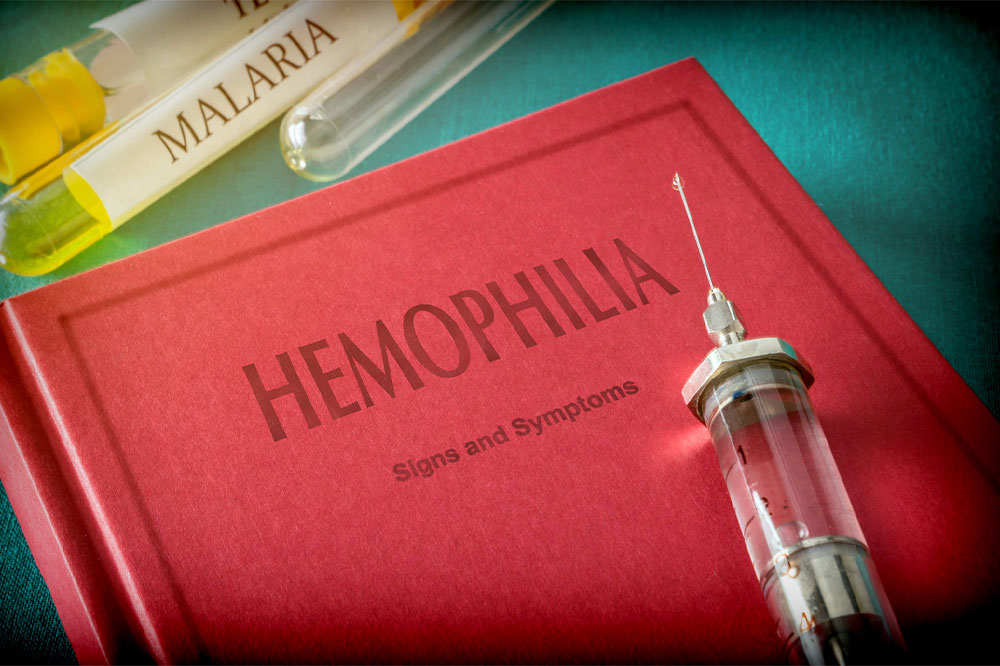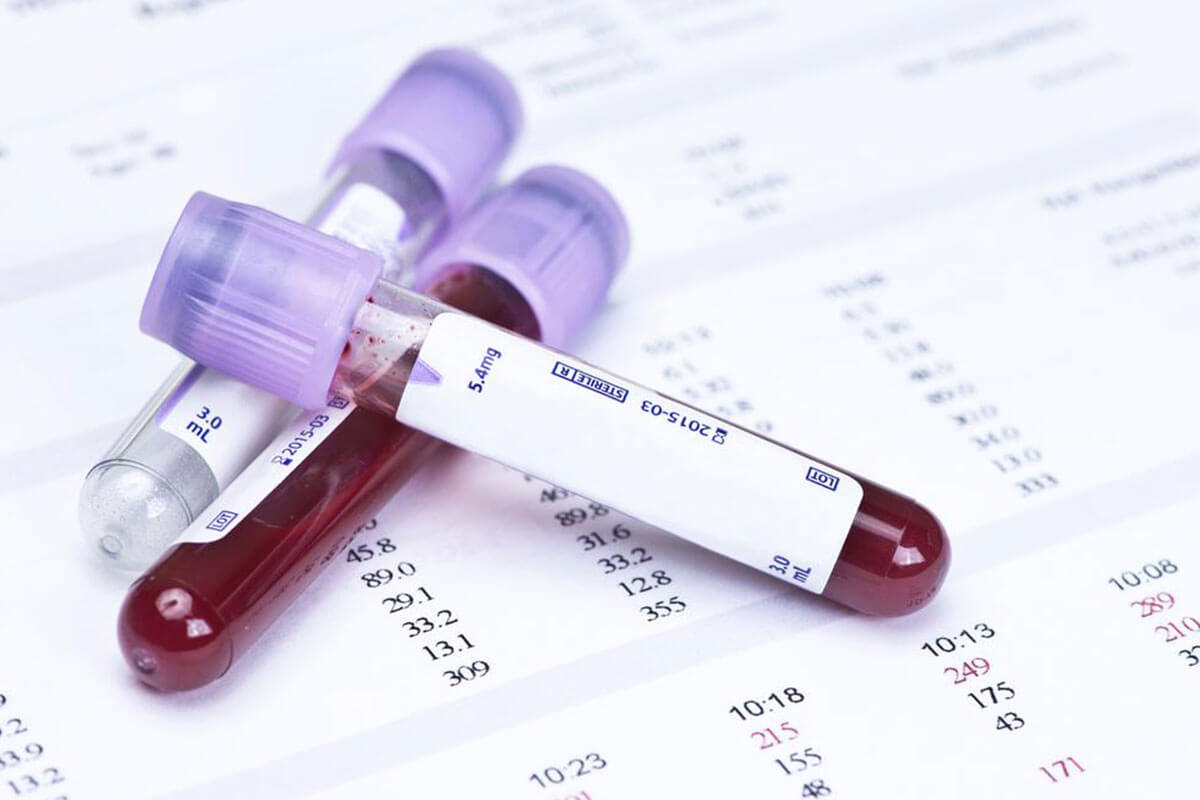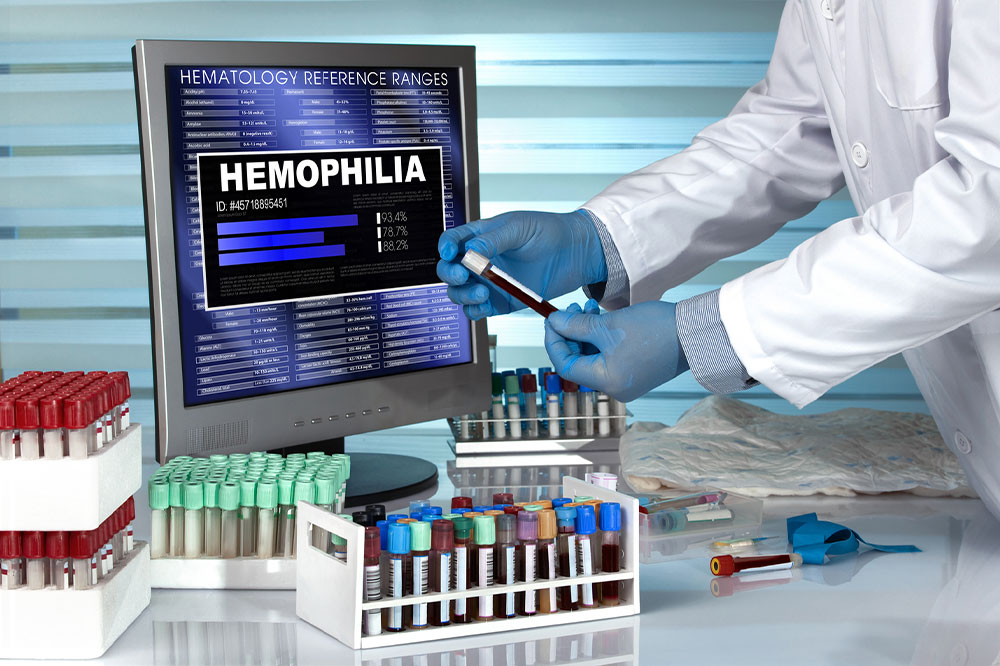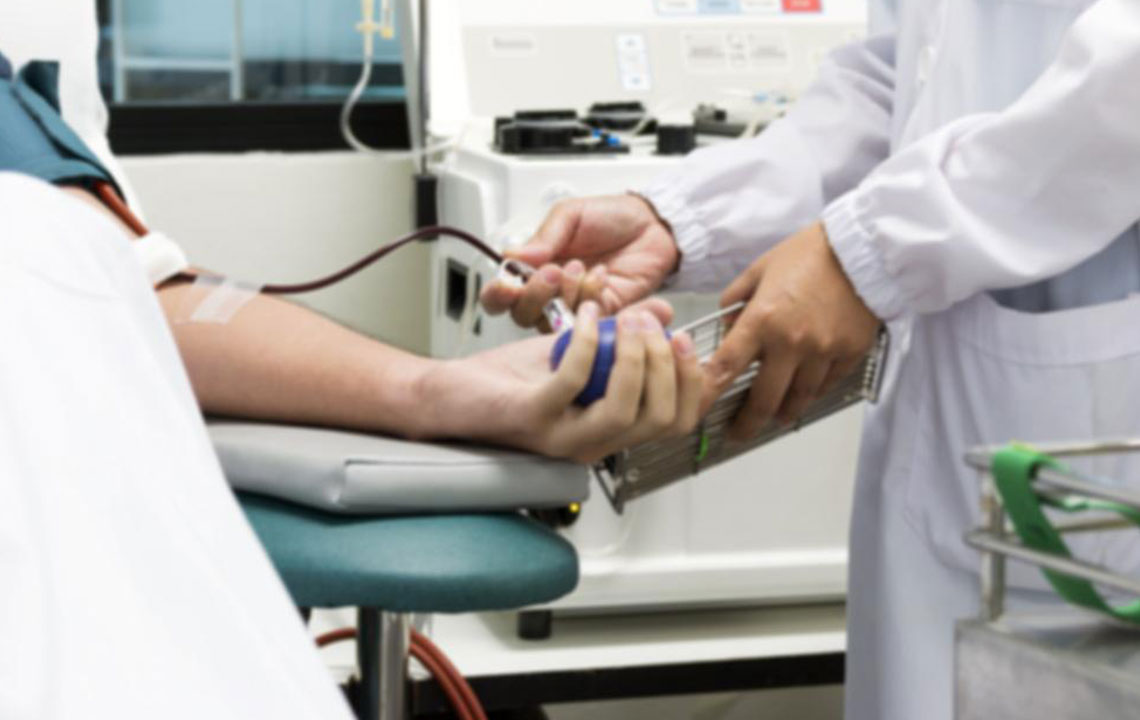Essential Travel Guidelines for Individuals with Hemophilia
Traveling with hemophilia requires careful planning. This guide offers essential advice, including consulting your doctor, securing travel insurance, packing medical supplies, researching local medical facilities, and seeking community support. Proper preparation ensures a safe and enjoyable trip despite the challenges of managing a bleeding disorder away from home.
Sponsored
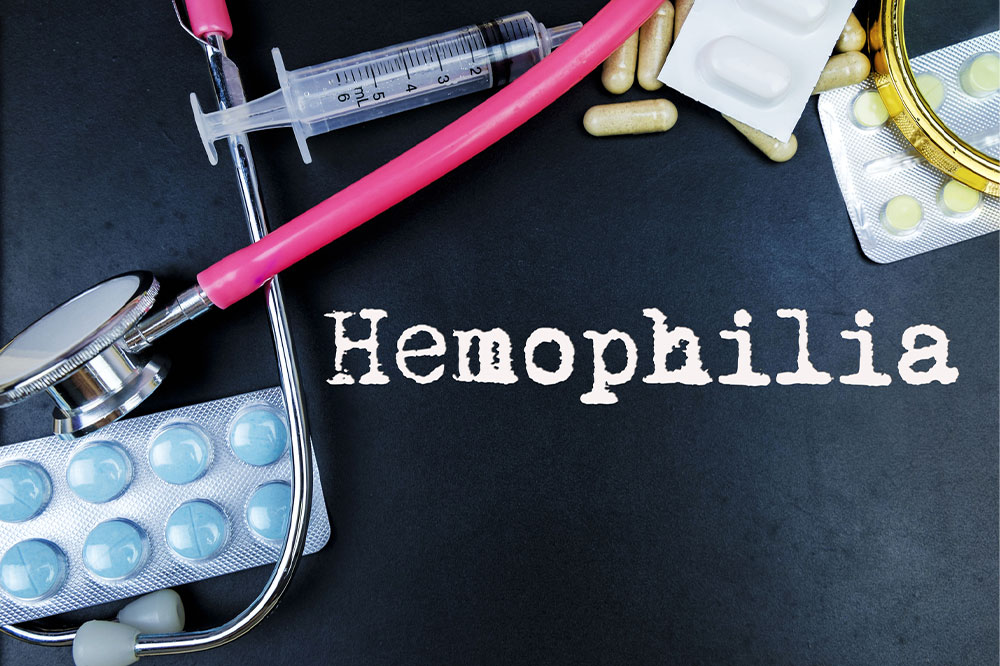
Travel Tips for People with Hemophilia
Hemophilia is a rare hereditary bleeding disorder where the blood lacks the ability to clot effectively, leading to prolonged bleeding after injuries. Even minor cuts can cause consistent bleeding episodes. Since bleeding episodes can happen unexpectedly, it's crucial for hemophilia patients to prepare thoroughly before traveling. Below are important tips to ensure safe and smooth journeys for individuals managing hemophilia.
Consult Your Healthcare Provider First
Prior to traveling, consult your doctor to discuss your plans. Ask if any vaccinations, such as hepatitis A or B, are recommended and ensure your medical needs are addressed.
Develop an emergency plan with your healthcare professional. Request a detailed medical letter outlining your condition, medications, and essential devices. Keep copies with you at all times during your trip. When flying, this letter supports approval for carrying necessary medical supplies onboard.
Secure Travel Insurance Covering Hemophilia
Buy travel insurance that explicitly covers bleeding disorders like hemophilia. Medical treatment abroad can be costly, so comprehensive coverage is advisable. Insurance options may be available through your employer, your school, or credit card companies.
Prepare Adequate Medical Supplies and Track Treatments
Always pack extra supplies such as syringes, bandages, and antiseptic wipes. Keep these in your carry-on luggage for easy access. Additionally, monitor your infusion schedules to keep track of your medication intake, which helps in managing your condition and discussing treatment details with your doctor after your trip.
Research Medical Facilities at Your Destination
Check for nearby hospitals and hemophilia treatment centers at your destination. Contact these centers beforehand and inform them of your visit. This ensures quick assistance in case of emergencies and helps you prepare for any specific healthcare needs.
Seek Help When Needed
Connecting with local advocacy groups or hemophilia communities can be beneficial. Don't hesitate to reach out for support or advice during your travels. Leveraging these resources can enhance your safety and confidence when away from home.

